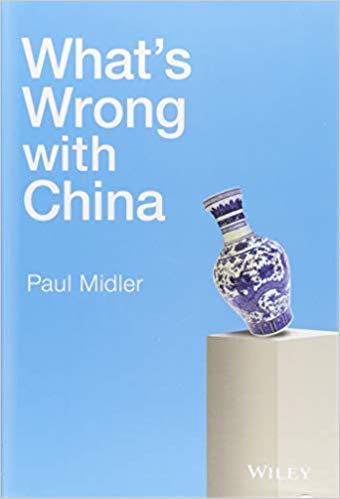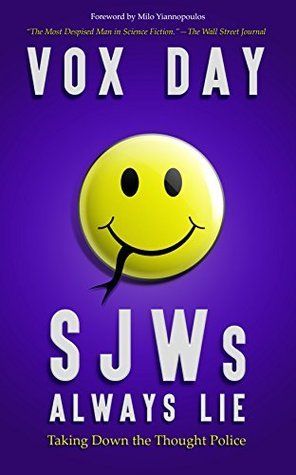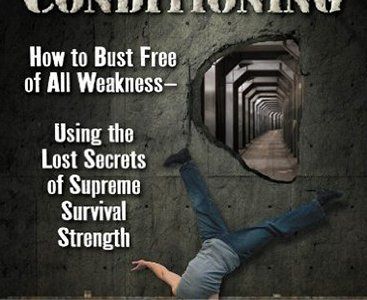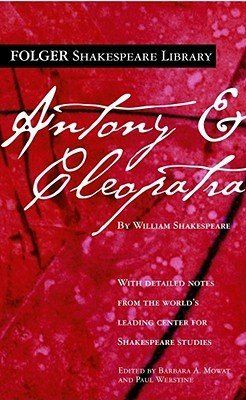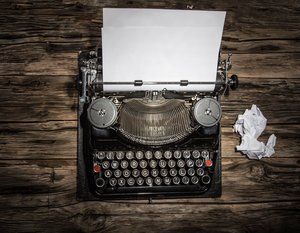REVIEW: READY PLAYER ONE
Ben Robertson • October 11, 2015
Ernest Cline’s Ready Player One is a fun, sci-fi adventure that may be the ultimate literary mashup of Eighties pop culture references. It’s the year 2044, though, and the Eighties is the setting for an online game and virtual universe called the OASIS. The story is told by Wade Owen Watts, a high school kid, who is a poor orphan in Oklahoma City and one of the leading gamers in a contest to find an Easter egg
within the OASIS, and win control of not only the virtual universe but the company that owns it.
I enjoyed the journey back to the games, music, books, movies, food, language, and culture of my youth, with Wade as my guide. Wade is a great, likable kid, with a good heart. He is also an intrepid hacker who fights for the nerd, the geek, his friends, and the girl he loves.
Wade took me back to the first time I played Advanced Dungeons & Dragons
at the Rec Center, and the countless sessions that followed in the kitchens, dining rooms, and basements of my friends in Keene, New Hampshire. I revisited the hours I spent playing
Asteroids,
Tron, Pac Man, Centipede, Battlezone, Defender, Galaxy, and Joust, in the darkness of the Electric Dream Factory on Railroad Street, where we would meet after we finished our paper routes. We colored the black and white pictures of the monsters in the Monster Manual
and painted lead figures of our players, while images from The Hobbit, The Lord of the Rings, The Sword of Shannara, Conan the Barbarian, and Excalibur, filled our minds, with what it might really be like to be a monk, or a wizard, a ranger, or a paladin, as we sat on one side or the other side of a Dungeon Master’s Screen.
But the key image from Ready Player One for me is standing in an arcade and playing a video game. From the time I entered middle school in 1980, to the time I graduated from college in 1990, I have memories of playing games in arcades, beginning with Space Invaders
at a Ray's in Manhattan, and ending with the Terminator 2 pinball machine
in a student center game room in Middletown, Connecticut. Put your quarter in the glowing red slot marked $0.25, press Player One, and get ready.
Ready Player One’s strongest recent influences from my own reading are William Gibson’s Neuromancer
and Neil Stephenson’s Snow Crash. The OASIS is perhaps the ultimate Eighties homage to cyberpunk and the depiction of cyberspace developed in those groundbreaking novels. Cline takes it a step further by filling it with a Wikipedia-like catalog of trivia from the Eighties, and the early Nineties.
Cline writes in clear, simple prose, with a focus on description and plot. His characters are simply drawn and he often leaves out unnecessary description in favor of moving his story along. I learned a lot and the few times I was worried the historical trivia would get to be too much, the story quickly picked back up again.
Getting rights to such a vast catalog of pop culture seems to me like a huge challenge and I am interested in seeing how it works out for the movie. Steven Spielberg, an Eighties icon referenced many times in the book, is directing the film, and Zak Penn, who grew up in the Eighties and has done related work like Atari: Game Over, is adapting the screenplay. Ready Player One is a generous, well-written book, and I hope to see it on the big screen in 2017, like I totally would not miss it.
